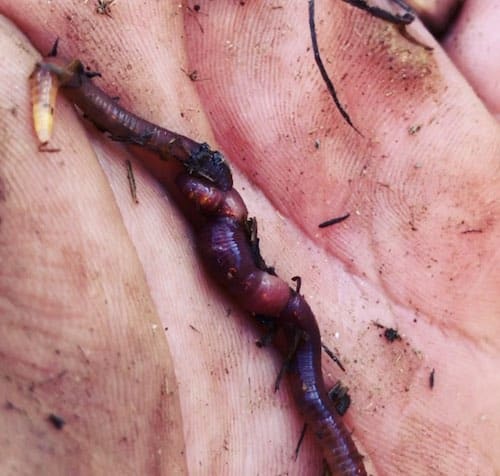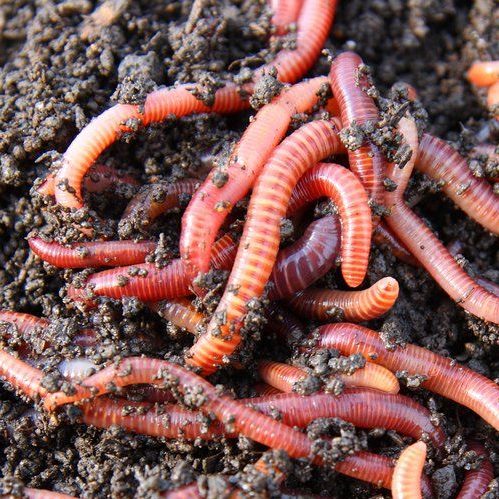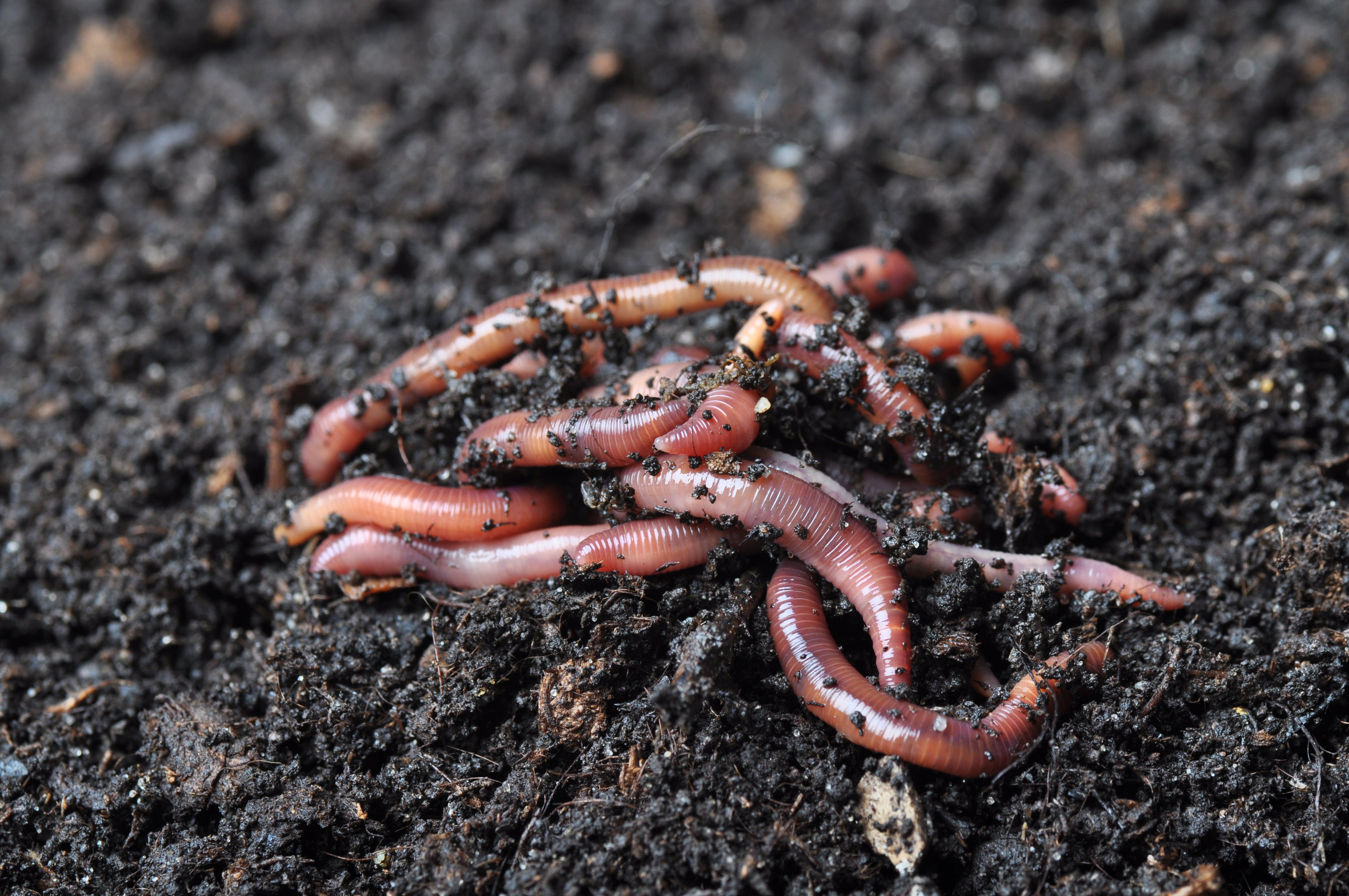Just How Red Wigglers Can Transform Your Composting Experience
The assimilation of red wigglers right into composting practices uses a transformative approach to squander monitoring and soil enrichment. Comprehending the certain needs and benefits connected with maintaining a prospering worm populace is important for optimizing their potential.
Advantages of Red Wigglers
Red wigglers, scientifically referred to as Eisenia fetida, are a cornerstone of reliable composting systems because of their amazing capability to decay natural matter effectively. These worms master changing kitchen area scraps, lawn waste, and other organic materials into nutrient-rich garden compost, generally described as worm castings. Lake Hickory Bait. This process not just minimizes landfill waste but also adds to sustainable gardening techniques
Among the main benefits of red wigglers is their high recreation price, allowing them to populate a composting environment rapidly. This fast multiplication enhances decomposition prices, causing faster garden compost manufacturing. In addition, red wigglers thrive in a diverse series of conditions, making them adaptable to different composting configurations.

Establishing Your Worm Bin
Make certain that the bin has drain openings to stop water build-up, which can cause anaerobic problems harmful to the worms. Furthermore, including air flow holes will assist keep appropriate moisture levels and oxygen flow.
Following, it is important to supply bed linens for the worms, which can include shredded paper, cardboard, or coconut coir. This bed linens not just offers a habitat for the worms but also aids in moisture retention.
Position the worm container in an area that maintains a temperature level variety of 55-77 ° F(13-25 ° C) to optimize worm activity. Avoid putting the bin in direct sunlight or extreme temperature levels. By adhering to these guidelines, you can develop a helpful setting for red wigglers, boosting the effectiveness of your composting procedure.
What to Feed Your Worms

Offering a constant feeding schedule will certainly help maintain your worm populace growing while boosting the overall effectiveness of your composting initiatives. By recognizing what to feed your visit the site worms, you lay the foundation for an effective and lasting composting experience.
Keeping a Healthy And Balanced Environment
Creating a prospering composting setting for red wigglers requires attention to their habitat, as it straight affects their wellness and productivity. The ideal habitat ought to keep a well balanced moisture level, commonly between 60-70%. Too much dampness can lead to anaerobic problems, while not enough moisture may dry out the worms.

The bed linen product in the compost ought to vary and shredded, integrating products like cardboard, paper, and coconut coir. This not only gives a comfortable environment however also functions as a food resource. Lake Hickory Bait. Routinely looking for smells or indications of pests can assist identify possible issues prior to they escalate
Last but not least, preserving a well balanced pH level, preferably between 6 and 7, guarantees a conducive environment for red wigglers, promoting their ability to procedure organic issue properly. By attending to these variables, you can develop a lasting and efficient composting ecological community.
Harvesting and Utilizing Garden Compost
Gathering compost from a worm bin is a gratifying process that changes organic waste into nutrient-rich material for yards and plants. When the composting cycle is complete, generally after 8-12 weeks, it's time to collect the vermicompost. The first action entails dividing the red wigglers from the ended up garden compost. This can be done utilizing techniques such as the "light" approach, where worms are attracted to light and can be scooped far from the leading layers, or by relocating the compost to one side of the bin and including fresh bed linens to the opposite side, urging the worms to migrate.
As soon as the worms are eliminated, the staying compost can be sorted to get rid of any larger fragments or undecomposed product. This abundant compost can be applied straight to yard beds, mixed into potting dirt, or made use of as a leading clothing for potted plants.
Final Thought
Incorporating red wigglers right into composting techniques dramatically improves the decay process and adds to the production of nutrient-rich vermicompost. The resulting worm castings enhance soil framework, fertility, and microbial task, eventually promoting much healthier plant development.
Comments on “Lake Hickory Bait: A Preferred Provider for Premium Bait and Tackle”